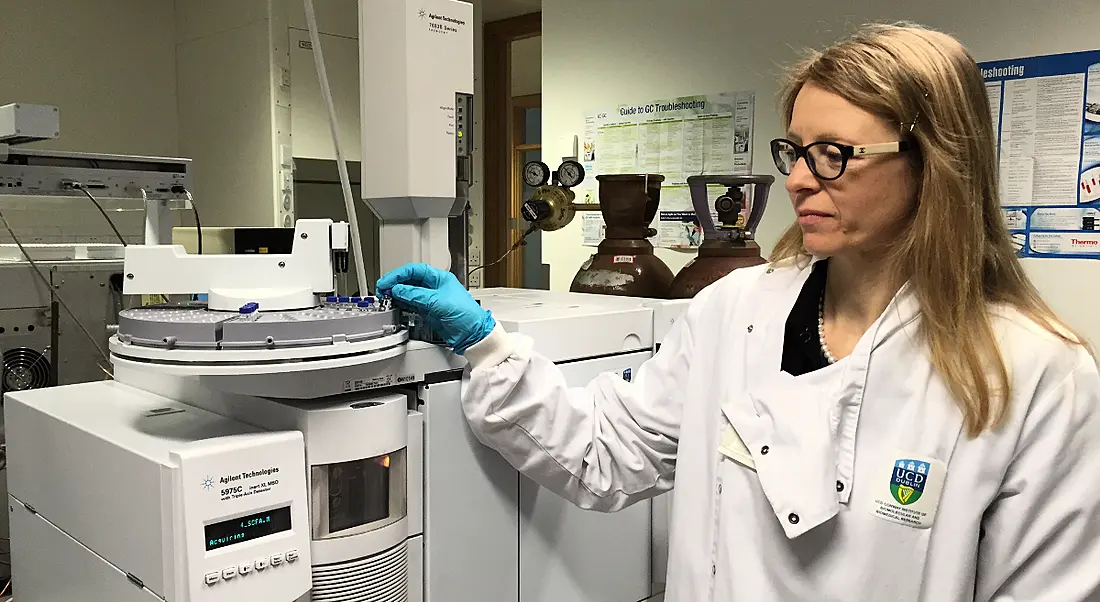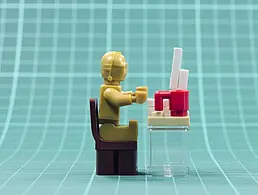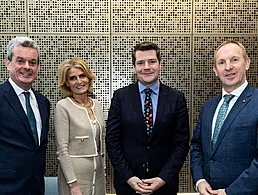To coincide with the release of the Ghostbusters reboot – featuring an all-female team of scientists (and paranormal investigators) – we’re celebrating the female scientists and researchers at work in Ireland.
One of those women in science, Prof Lorraine Brennan – who leads a research team at University College Dublin (UCD) – gives us some insight into the daily grind.
What is your role within UCD?
I am a professor. I lead a research team in the area of human nutrition and I also teach on the BSc in Human Nutrition. Currently, I am the subject head for nutrition.
My research team consists of about 14 people and they work across diverse projects all related in some way to human nutrition and metabolism.
If there is such a thing, can you describe a typical day in the job?
No, not really. The work is highly variable and each day brings a different challenge. Some days, I could be teaching undergrads or supervising laboratory classes. Others days might be spent on various aspects of my research – writing papers, writing grants or correcting PhD theses, for example.
I am also CEO of the European Nutrigenomics Organisation and secretary of the Irish Section Nutrition Society, so some days I devote time during the day to this work.
With this line of work, I also have to travel to meetings for projects I am involved in, or to present at conferences.
What types of project do you work on?
One of the main challenges in nutrition research is the difficulty surrounding measurement of what people eat. Our research programme aims to make significant impact in this field by identifying new biomarkers of dietary intake. We use cutting-edge tools to identify small molecules in urine and blood that reflect what people have eaten. This will then allow us to examine relationships between foods and health.
What skills do you use on a daily basis?
As a university professor, one of my key roles is to teach, so, on a daily basis, I would use my teaching skills. Also, problem-solving is a skill that, as a researcher, I would rely on a lot. Other essential skills are good writing skills, presenting skills and negotiating skills.
What is the hardest part of your working day?
I find saying no hard, so I get up to 10 requests to review papers per week, and I simply don’t have the time to do them all. But, I still always find it hard to say no.
Do you have any productivity tips that help you through the working day?
Trying to plan your day and keeping a handle on your diary helps a lot in terms of productivity.
When you first started this job, what were you most surprised to learn was important in the role?
For me, I guess it was multitasking and time management. When you are a research fellow you usually have a project to focus on and a few tasks to get stuck into. When you get a faculty position, there are multiple aspects to the job and, all of a sudden, you have to be able to multitask and manage your time.
How has this role changed as the research sector has grown and evolved?
In recent years, we have to rely much more on bringing in external funding. We also need to obtain funding to maintain the equipment as cutting-edge and functional.
What do you enjoy most about the job?
There are many aspects that I love about the job. The opportunity to teach is fantastic, and imparting information and research skills to students is hugely rewarding. From a research viewpoint, the ability to solve a problem or make a scientific breakthrough is great.
Looking for jobs in tech or science? Check out our Featured Employers section for information on companies hiring right now.




